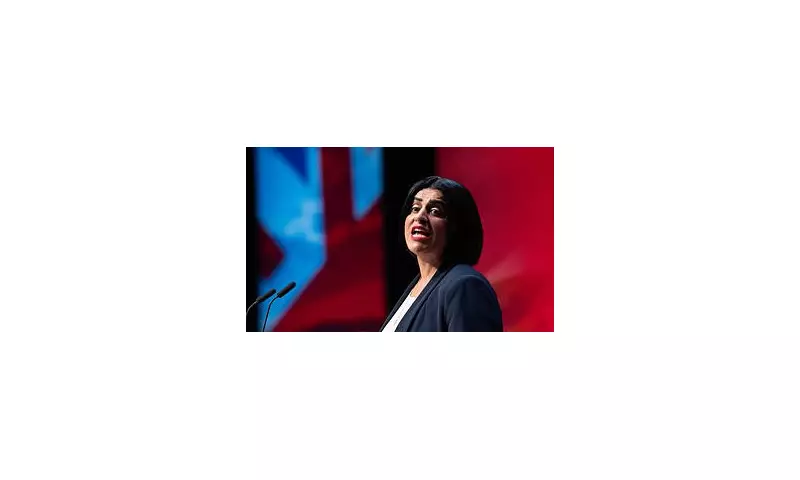
In the most significant transformation of Britain's legal migration system in nearly half a century, the government has announced sweeping new rules that will dramatically extend the time migrants must wait to settle permanently in the UK.
Strict New Timelines for Settlement
Under the proposed measures, illegal migrants who successfully use human rights claims to avoid deportation will be forced to wait 30 years to secure Indefinite Leave to Remain (ILR). This penalty would apply to individuals such as failed asylum seekers who mount a successful legal challenge under Article 8 of the European Convention on Human Rights, which protects the right to family life.
The reforms, set out in a new Home Office consultation paper, also target foreign workers in low-skilled roles. For those in jobs requiring qualifications below a bachelor's degree, the standard qualifying period for ILR will be extended to 15 years, a significant increase from the current five-year pathway.
Benefit Claims Add Years to the Wait
The package introduces further penalties for those claiming state benefits. Migrants who claim welfare support for less than a year will face an additional five-year wait for ILR eligibility. Those claiming benefits for more than a year will be hit with a substantial 10-year penalty.
This creates a scenario where a lower-skilled worker who has arrived in Britain in recent years and claimed state hand-outs could be forced to wait a total of up to 25 years before they can secure permanent settled status.
For higher-qualified foreign workers, the standard qualifying period is proposed to be 10 years.
Retrospective Application and New Eligibility Criteria
A crucial aspect of the plan is that the major reforms will apply retrospectively to almost two million migrants who have arrived in the UK since 2021. The Home Office paper justifies the stricter controls for lower-wage migrants, stating they are "likely to present significant fiscal costs to the UK" and often become eligible for benefits and council housing five years after arrival.
Beyond the extended timelines, all applicants for ILR will now need to meet stricter criteria, including:
- A clean criminal record
- Proof of having paid National Insurance for at least three years
- No outstanding government debts for visa fees or NHS costs
- English language proficiency equivalent to an A-level standard
Rewards for High Earners and Public Sector Workers
In a contrasting approach, the government is offering significant discounts to high earners and essential public sector workers. Doctors and nurses working in the NHS will maintain their ability to settle after five years.
Furthermore, those paying the higher 40% income tax rate will see a five-year discount, reducing their qualification period to five years. Workers paying the top 45% additional tax rate will receive an even more substantial seven-year discount, lowering their required period to just three years.
Home Secretary Shabana Mahmood first outlined these reforms at the Labour party conference in Liverpool, warning that uncontrolled migration risked driving working-class communities towards more extreme politics. She argued that without a sense of control, the country could not maintain its open and tolerant character, emphasising the need to address public concerns over small boat arrivals and illegal working.





